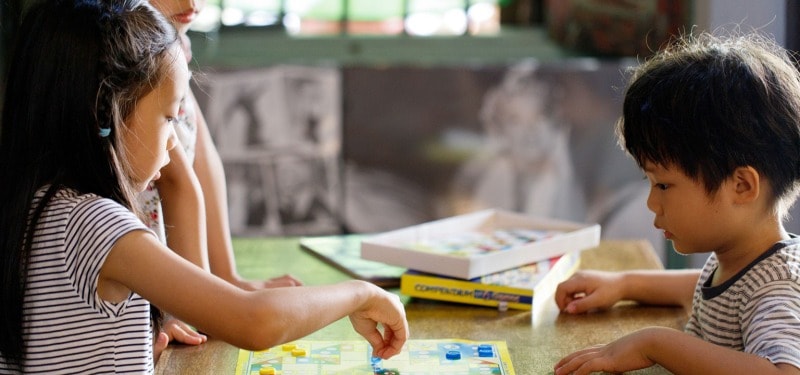
Maintaining Mental Wellness During Lockdown
With people heavily focusing on living with the pandemic, one of the most important aspects in everyone’s lives is getting neglected – our mental health. The impacts of Covid-19 to children and adolescents may not be very obvious, but many parents and teachers have reported children feeling lonely or anxious, some even showing signs of depression. Resources have been set up to provide parents guidelines with how to help their children through these unprecedented times.
Therefore it is crucial for us to actively play our part in maintaining our mental health. Here’s a few things you and your loved ones can put into practice:
Go on a digital detox every evening
Technology can be stressful, especially when we’re expected to be connected all the time. We spend a lot of our time working from home, attending online classes and being on calls. Excessive screen time can lead to issues such as irregular sleep schedules, so it’s good to avoid looking at monitors or mobile phones before going to bed.
Balance activities and break time
Dedicated time to relax is vital when we are stuck at home. People often state that they find it hard to leave ‘work mode’ because they are working from home now. Have fixed breaks, hobby or family time. This not only gives you your much needed rest, but also a good routine to follow.
Swap your space when work is over
Clearing away work-related items when work time is over can help your mind establish the fact that it’s time to relax. Look at your space, what do you need only during work or class time? Textbooks, planners or stationery can be put aside. Although this seems like an extra step, it can help you detach yourself from work or school better.
List down doable tasks every day
Staying motivated can be a challenge when there are no tangible goals. By setting simple, completable tasks, such as folding half of the laundry (or all of it if you’re up for the challenge) or revising a topic, it will be easier to maintain a momentum. Having trouble with procrastination? Find out out to beat it through this post.
Keep in touch
Friends can provide emotional support that is different from the support one gets from family, as they may be in the same situation. Maintaining social contact with friends is vital for everyone. While it’s easy for adults to keep in contact, children and teens might need time set aside for them to hang out with friends online.
Empathise
Empathising with another person’s negative emotions helps strengthen the connection and also aids in processing these emotions rather than repressing them. This is especially vital for children as they need to learn about emotional intelligence. Expressing emotions leads to the ability to process them, and processing them can be done through mindfulness.
Practice mindfulness
Mindfulness is a crucial skill that helps us process negative emotions. Without it, negative thoughts and feelings can get out of control, leading to more stress and unhappiness. We have two guides on how to practice mindfulness – one for adults to guide their younger kids, and one for teenagers.
Get some fresh air
Stepping out of the house once a while for some sunshine and fresh air can ease the feeling of being cooped up. Give kids 10 – 15 minutes of safe playtime outside every few days for a change of environment. If possible, get them to do some exercises in an open area. Exercise is also a known mood booster.
Maintaining mental health can be a huge challenge in the current environment, but we cannot put this on a backburner. Children especially need more support than ever before, as they have lost the opportunity to spend time with friends at school. The repercussions of the pandemic towards our mental health may still be ambiguous, but the damage can be long-lasting if left unheeded.









